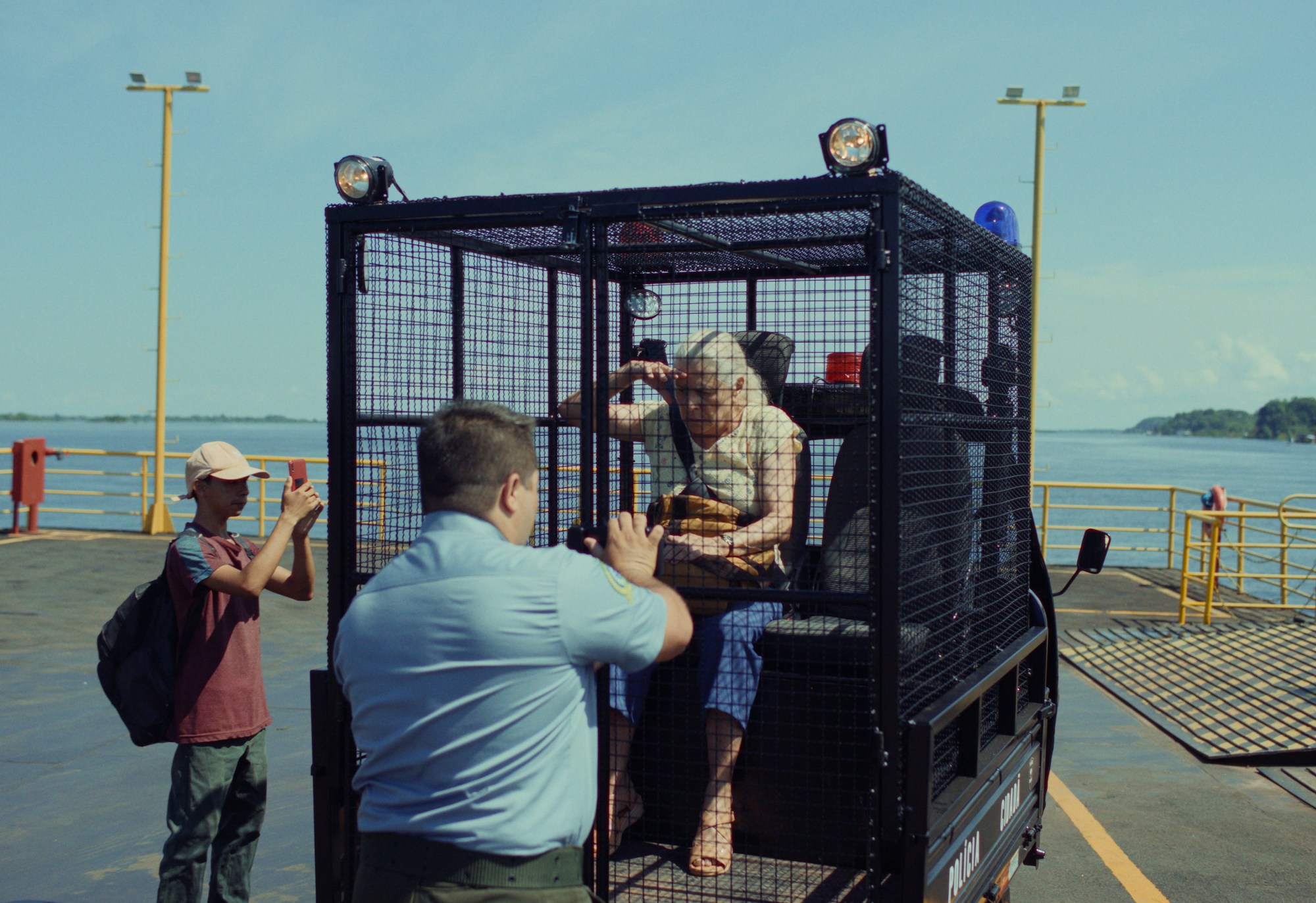
Latin America Has Strong Showing at Berlin Film Festival
Each year, the Berlinale becomes a vital platform for showcasing the finest filmmaking from all over the world, including Latin America. Last year, La Cocina, from Mexican director Alfonso Ruizpalacios and starring Raúl Briones and Rooney Mara, embarked on an international tour after debuting there, winning awards at festivals such as Deauville, Havana and Philadelphia, in addition to a theatrical release in multiple markets, including the U.S.
This year, the Berlinale (running Feb. 13-23) celebrates its 75th anniversary, and the stakes are even higher, with 17 Latin American films (not including shorts) making their way to Berlin, three of which are competing in the official selection.
Brazil leads the pack with seven films, including one in competition: The Blue Trail (O último azul) by Gabriel Mascaro. This marks his return to directing after Divine Love, which premiered at Sundance in 2019 and was later showcased at Berlin. His new project, blending science-fiction with social themes, follows Teresa (Denise Weinberg), a 77-year-old woman who has spent her life in a small, industrialized town in the Amazon. When she is forced to move to a senior housing colony as part of a government initiative to relocate the elderly in favor of younger generations, Teresa chooses to flee. The co-production with Mexico, Chile, and the Netherlands also stars international Brazilian actor Rodrigo Santoro.
Mexico has the second-largest presence at the festival with four films, one of which is also in competition: Dreams, by filmmaker Michel Franco. As in some of his previous works, much of Dreams is spoken in English. Franco collaborates once again with Jessica Chastain to tell the story of a Mexican dancer (played by ballet star Isaac Hernández), who crosses the border to continue a relationship with a wealthy socialite (Chastain), believing she will help him pursue his dreams. However, his arrival disrupts her seemingly perfect life. In addition, Franco serves as a producer for Olmo, a Mexican-U.S. co-production directed by Fernando Eimbcke, best known for Duck Season (2005), which won 11 Ariel Awards, including best picture. Set in New Mexico, Olmo (screening in the Panorama section) follows a 14-year-old boy whose mundane life is turned upside down when he is invited to a party by his beautiful neighbor.
Argentina also boasts four films, although many of them are co-productions. The country’s sole competition entry is The Message (El Mensaje), a co-production with Spain and Uruguay, directed by Iván Fund, who previously showcased The Lips (2010) at Cannes and Dark Stone (2021) at Venice. This is his Berlinale debut. Starring actor Marcelo Subiotto (known for Puan and The Eternaut), The Message revolves around a girl with the ability to communicate with deceased pets and the people profiting from her abilities.
Rounding out the Latin American contingent are two films from the Dominican Republic, two from Peru, and a documentary from Paraguay, a country where filmmaking is often challenging due to limited resources. Another notable entry is After This Death, a Berlinale Special Gala film directed by Lucio Castro, born in Buenos Aires, and starring Argentine actress Mia Maestro. Although it is a U.S. production, it is considered part of the Latin American presence at the festival.

